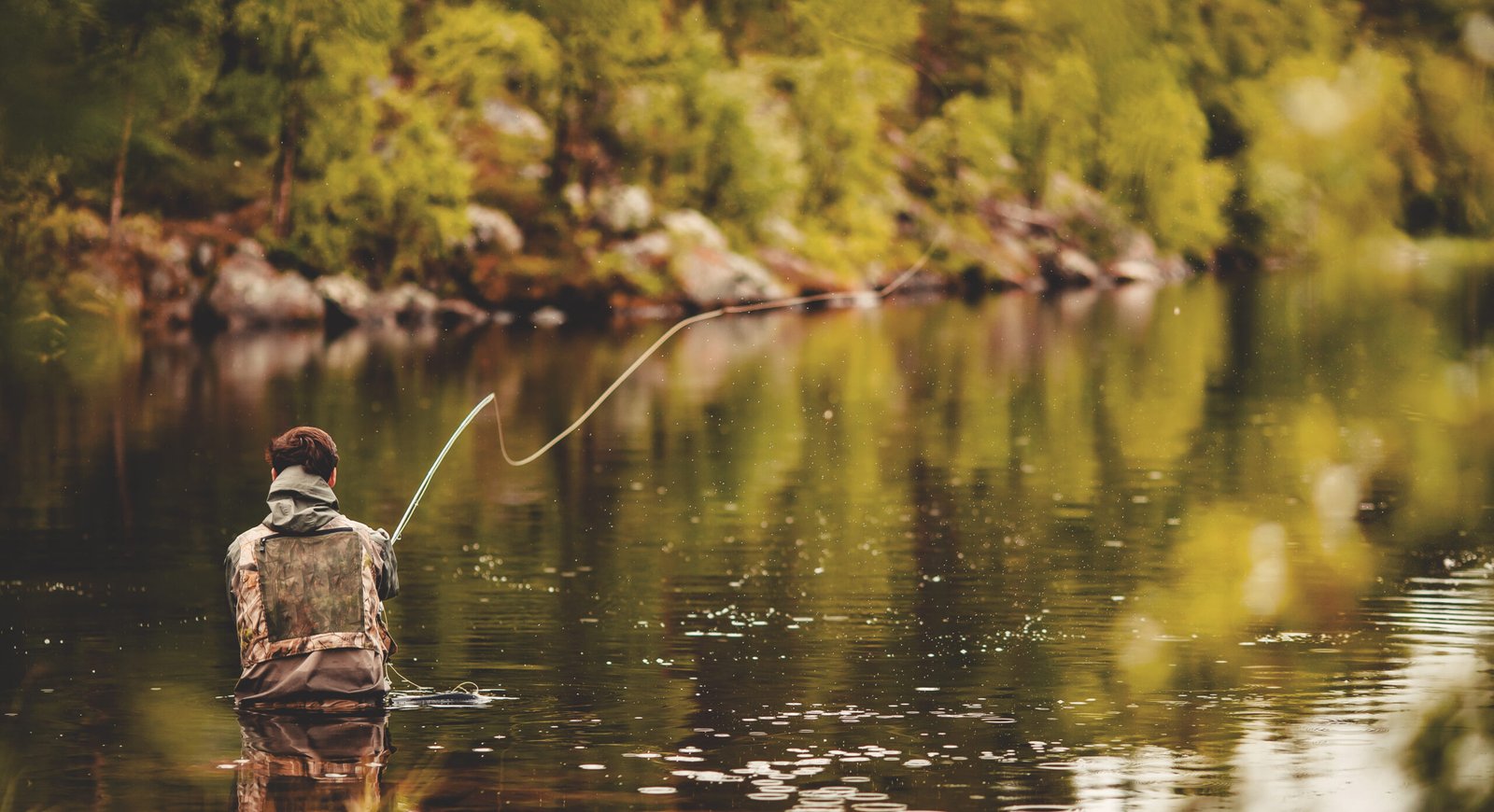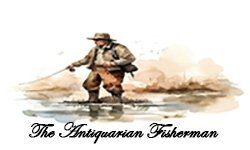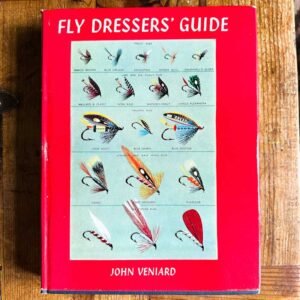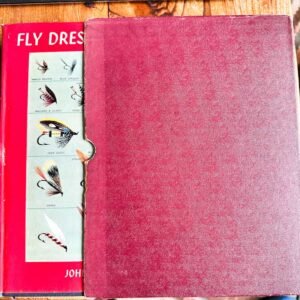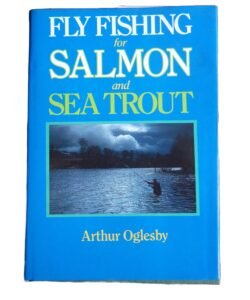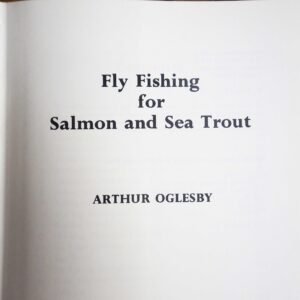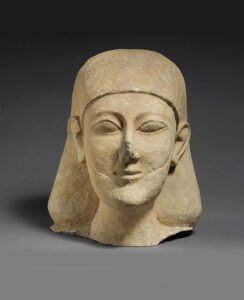Showing 1–9 of 24 results
-
A Dictionary of Trout Flies and of Flies for Sea-trout and Grayling by A. Courtney Williams- this is a Forth Edition published in 1965
-
A Further Guide To Fly Dressing
£205.00 out of 5A Further Guide to Fly Dressing by John Veniard – a complementary follow on from his first book (Fly Dresser’s Guide) this is a First Edition and comes with book sleeve. -
A Humble Fisherman Morley Roberts
5.00 out of 5£28Original price was: £28.£22Current price is: £22.A Humble Fisherman Morley Roberts -1932 -
Art of Fly Making, Angling and Dyeing
£8100 out of 5Blackers – Flymaking, Angling & Dyeing Second edition – rewritten and revised by the author Blacker himself, Fishing Tackle Maker of 54, Dean street, Soho, London 1855. Very good condition with sleeve.
-
Bob Church’s Guide to Trout Flies
4.00 out of 5£12Original price was: £12.£10Current price is: £10.Bob Church’s Guide to Trout Flies, 1989 -
Fishing Ways and Wiles
£150 out of 5Fishing Ways and Wiles by Major H.E. Morritt 1950 New and enlarged from 1929.
-
Fly Dresser’s Guide
4.00 out of 5£28Original price was: £28.£25Current price is: £25.Fly Dresser’s Guide by John Veniard – Second Edition published in 1966 – containing 14 colour plates, 20 Photographs and many drawings.
Introduction to Fishing Fly Dressing
Fishing fly dressing is a meticulous craft that combines artistry and functionality. It involves creating artificial flies used by anglers to attract and catch fish. This age-old tradition requires a deep understanding of aquatic insects and the fish species they aim to catch. In this article, we will delve into the essential techniques and tips for mastering the art of fishing fly dressing.
Essential Tools and Materials
To begin with fishing fly dressing, it is crucial to have the right tools and materials. The basic equipment includes a vice, scissors, hooks, and various threads. Additionally, materials such as feathers, furs, and synthetic fibers are used to mimic the appearance of natural insects. Investing in high-quality tools and materials will significantly impact the durability and effectiveness of your flies.
Step-by-Step Dressing Techniques
Creating a fishing fly involves several intricate steps. First, secure the hook in the vice and attach the thread. Next, add the tail, which usually consists of feathers or synthetic fibers. The body of the fly is formed by wrapping the thread or other materials around the hook. Finally, the wings and hackle are added to give the fly its lifelike appearance. Each step requires precision and practice to achieve the desired outcome.
Tips for Perfecting Your Craft
Perfecting the art of fishing fly dressing takes time and patience. Here are some tips to help you improve your skills:
- Study aquatic insects and their behavior to create more realistic flies.
- Practice regularly and experiment with different materials and techniques.
- Join a community or club to exchange ideas and receive feedback from experienced fly dressers.
- Keep your tools sharp and well-maintained to ensure precision and efficiency.
By following these tips, you will enhance your craftsmanship and increase your success on the water.
-
Fly Fishers Guide 3rd Edition Geo C Bainbridge 1834
£5500 out of 5The Fly Fisher’s Guide, Illustrated by Coloured Plates, Representing Upwards of Forty of the Most Useful Flies, Accurately Copied from Nature 3rd Edition 1834
-
Fly Fishing for Salmon and Sea Trout
0 out of 5£12Original price was: £12.£10Current price is: £10.Fly Fishing for Salmon and Sea Trout by Arthur Oglesby – 1986
End of content
End of content
